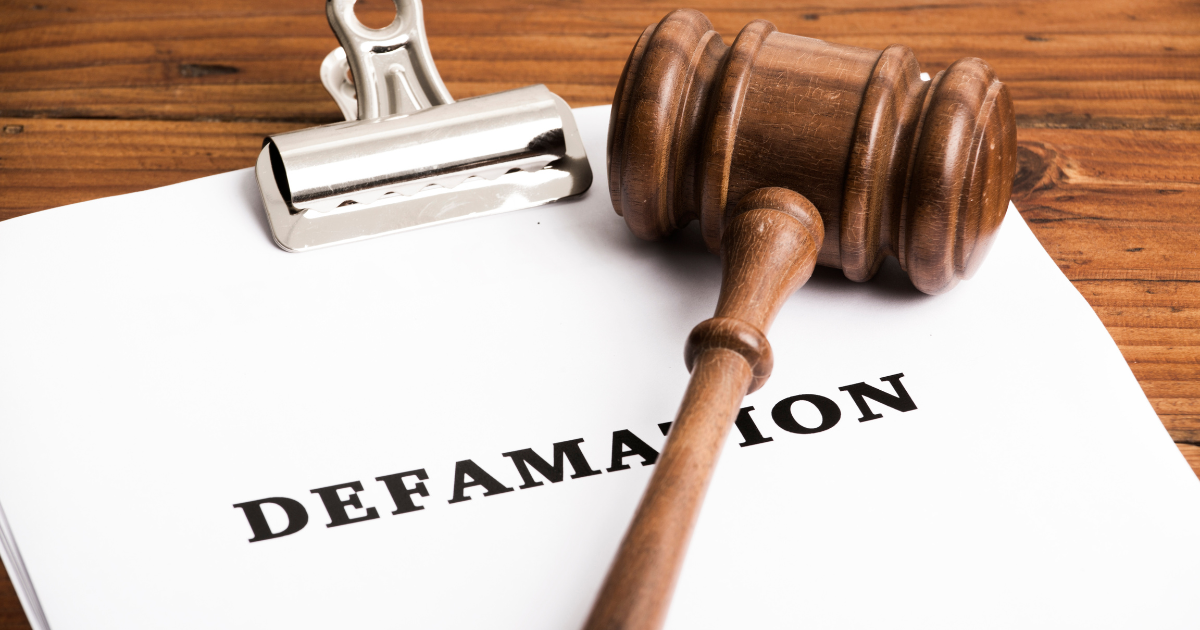Now Reading: Consequences of a DUI Conviction in Pennsylvania
-
01
Consequences of a DUI Conviction in Pennsylvania

Consequences of a DUI Conviction in Pennsylvania
Driving under the influence (DUI) is a serious offense in Pennsylvania, carrying severe legal consequences that can significantly impact various aspects of your life. This article aims to shed light on the repercussions of a DUI conviction in Pennsylvania, including potential penalties and long-term implications. By understanding these consequences, individuals can make informed decisions and take necessary precautions to avoid such situations.
Legal Penalties for DUI in Pennsylvania
Driving under the influence of alcohol or drugs in Pennsylvania is a violation of the state’s laws. The severity of the penalties depends on various factors, such as the blood alcohol content (BAC) level and prior convictions. Here are the potential legal consequences one may face:
Criminal Penalties
A DUI conviction in Pennsylvania can result in significant criminal penalties, especially for repeat offenders or cases involving aggravated circumstances. These penalties may include:
- Fines: The court may impose fines ranging from hundreds to thousands of dollars, depending on the number of previous offenses and the BAC level. Repeat offenders usually face higher fines.
- License Suspension: Upon conviction, your driver’s license can be suspended. The duration of the suspension depends on the number of previous offenses and the BAC level. For a first offense with a BAC below 0.10%, the suspension period is typically one year. However, if the BAC is above 0.10%, the suspension can extend up to 18 months. Subsequent convictions result in longer suspensions, with habitual offenders facing potential permanent revocation.
- Ignition Interlock: Pennsylvania may require the installation of an ignition interlock device (IID) for repeat offenders or cases involving higher BAC levels. This device measures the driver’s BAC before starting the vehicle, and any detected alcohol presence prevents the car from starting.
- Probation: In addition to fines and license suspension, individuals convicted of DUI may be placed on probation. Probation typically involves regular check-ins with a probation officer, adherence to certain conditions (such as attending alcohol education programs), and possible drug and alcohol testing.
- Mandatory Alcohol Treatment Programs: The court may order mandatory participation in alcohol treatment programs, especially for repeat offenders or those with substance abuse issues. Completion of such programs is often a condition for license restoration.
Enhanced Penalties and Aggravating Factors
Certain aggravating factors can lead to enhanced penalties in DUI cases. These factors may include:
- High BAC: Operating a vehicle with a BAC above a certain threshold (usually 0.16% in Pennsylvania) may result in stricter penalties, including longer license suspension, higher fines, and mandatory alcohol treatment programs.
- Minor Passengers: If a driver under the influence has a passenger under the age of 18 in the vehicle, the penalties can be more severe due to the increased risk to the child’s safety.
- Accidents and Injuries: If a DUI-related accident causes injuries or fatalities, the penalties can escalate significantly. Offenders may face felony charges, substantial fines, lengthy license suspensions, and even imprisonment.
Long-Term Consequences and Impact
Beyond the immediate legal penalties, a DUI conviction in Pennsylvania can have long-lasting consequences that affect various aspects of an individual’s life:
Driver’s License and Insurance
A DUI conviction often leads to increased insurance premiums or even non-renewal of coverage. Additionally, individuals may need to obtain SR-22 insurance, which is a high-risk insurance policy required by the state for drivers with DUI convictions. License suspension or revocation can hinder personal and professional mobility, making it challenging to commute to work, school, or fulfill daily obligations.
Employment and Education
A DUI conviction can adversely affect employment prospects and educational opportunities. Many employers conduct background checks, and a criminal record can make it harder to secure employment, especially in fields that require driving or involve working with vulnerable populations. Educational institutions, particularly professional programs, may also consider a DUI conviction during admissions processes.
Personal and Professional Reputation
A DUI conviction can tarnish an individual’s personal and professional reputation. It may strain relationships with family and friends and lead to feelings of shame or embarrassment. Professionals, such as lawyers, doctors, or teachers, may face disciplinary actions by their respective licensing boards, which can impact their careers.
A DUI conviction in Pennsylvania carries significant legal consequences that can have far-reaching impacts on an individual’s life according to DUI attorney M.J. Snyder. Understanding the potential penalties and long-term ramifications can serve as a reminder to make responsible choices and prioritize safety while on the road. By avoiding driving under the influence and seeking alternatives like designated drivers or rideshare services, individuals can protect themselves and others from the devastating consequences of a DUI conviction.
Author:

With a BA in communications and paralegal experience, Irma C. Dengler decided to make the best of her writing skills. She decided to turn complicated legal matters into something more palatable for the masses. Therefore, Irma became a law communicator who writes about everyday problems so everyone can understand them and take the appropriate action. She specialized in personal injury cases, as they are more common than anyone thinks, but her areas of expertise also include civil law, criminal law, insurance-related issues, and more.










